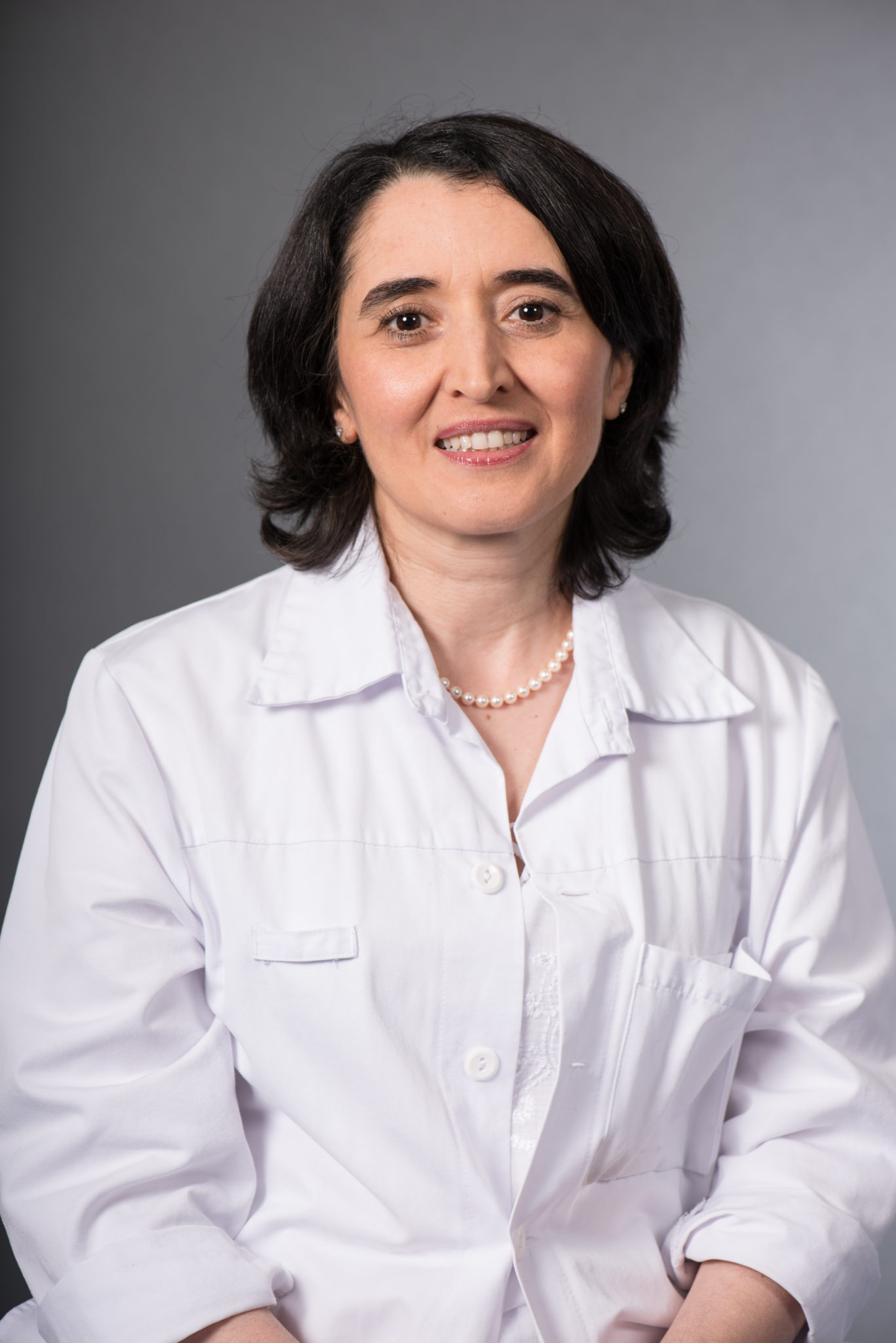Information for doctors
Proven cooperation of General Practitioners and other Specialists
It can happen from time to time that wounds in patients do not heal properly. In some cases it is therefore recommended to refer patients temporarily to a wound specialist.
I am happy to be there for your patients when support in the area of wound management is needed. I appreciate the close cooperation and regular exchange with family doctors and other specialists for the benefit of the patient.
I am also available for all professional advice in the field of wound management.
Dr. Saziye Karaca
Cardiac surgeon and thoracic vascular surgeon
Homeopath specialist (Certificate of Akademia ZWM AG, Zurich)
Member of the Swiss Association for Wound Care SafW
Member of the European Wound Management Association EWMA
Wound management by specialists
As a rule, I personally take care of patients who require special, modern wound treatment.
What types of wounds do we treat?
The following types of wounds are treated in our clinic:
- Chronic wounds
- Acute wounds
- decubitus ulcers
- Surgical wounds with an unfavorable course
- Arterial or venous wounds
- Traumatic wounds
- Cuts
- Atypical wounds
- Diabetic feet
- Ulcus cruris
What forms of treatment does our Centre offer?
The following types of treatment are offered at our center and if required at the Clinique la Colline:
Extensive consultation and analysis of the wound
Local wound care with dressings of the latest generation
Compression Therapy
V.A.C. pressure wound treatment
Debridement
Skin transplantation
Regular monitoring of wounds and individual adjustment of the treatment plan
What does state-of-the-art wound treatment look like?
1. Wound Cleansing
Wet phase: In this phase, several sterile compresses are soaked with a suitable wound rinsing solution (e.g. Nacl ®) or with an antiseptic and placed upon the wound for approx. 15-20 min. This will cause the dead cell pieces to dissolve.
Dry phase: After the wet phase comes the dry phase, with dry sterile swabs the wound is cleaned. Only after this the wound can be dressed again.
Debridement: In case of necroses and fibrinous coating, surgical debridement (wound cleansing) is sometimes required. The debridement serves to refresh the wound into vital tissue.
Mechanical wound cleansing: Less stubborn coatings may also be removed by a wound specialist. Modern wound dressings such as hydrofibers or alginates can also clean the wound bed.
2. Wound dressing
Placed In contact with the wound bed an absorbent (absorbent) intermediate layer, which absorbs secretions from the wound is applied.
Cover with the objective of fixation, protection of the wound and its moist climate.
Dry wound covering by means of compresses, plasters or gauze bandages; (nowadays rather outdated).
Moist wound covering by means of modern dressing materials of the last generation such as hydrocolloid dressings, foam dressings or foils.
The dressing is changed every 2 – 7 days – so the wound has time to heal.
Modern wound management also means taking more time to get to the bottom of possible causes. This investigation of causes is often like detective work, and it is multidisciplinary.
How does the consultation with a wound specialist work?
- Information from the patient is collected
- Wound details are recorded
- Wound treatment Plan and protocol preparation by the wound specialist in cooperation with nurses, nutritionists, specialists and the family doctor is prepared.
- The future wound treatment plan is discussed and implemented with the patient.
- Regular wound check-ups and, if necessary, wound protocol changes are carried out by the wound specialist until the wound has completely healed.
Advantages of outpatient wound care by a Specialist
- An expert opinion on the analysis of the wound and an adequate wound treatment based on the latest findings in wound care
- Optimization of the wound treatment and pain relief and improvement to the quality of your life
- Networking with your doctors and caregivers
- To avoid frequent hospital stays and visits to the doctor.
What costs are covered by the health insurance?
Consultation, wound treatment and dressing change as well as the necessary products are covered by your basic insurance. If in doubt, please contact the patients health insurance company.
For patient referrals, please contact our secretariat directly:
Secretary T: 022 788 11 11
Monday to Friday from 8 a.m. to 5 p.m.

Helvetic Care Champel
Avenue Calas 1
1206 Geneva
T: +41 22 788 11 11
F: +41 22 347 36 71
{“dynamic”:true,”content”:”current_date”,”settings”:{“before”:”© “,”after”:” | Dr. S. Karaca”,”date_format”:”custom”,”custom_date_format”:”Y”}}


